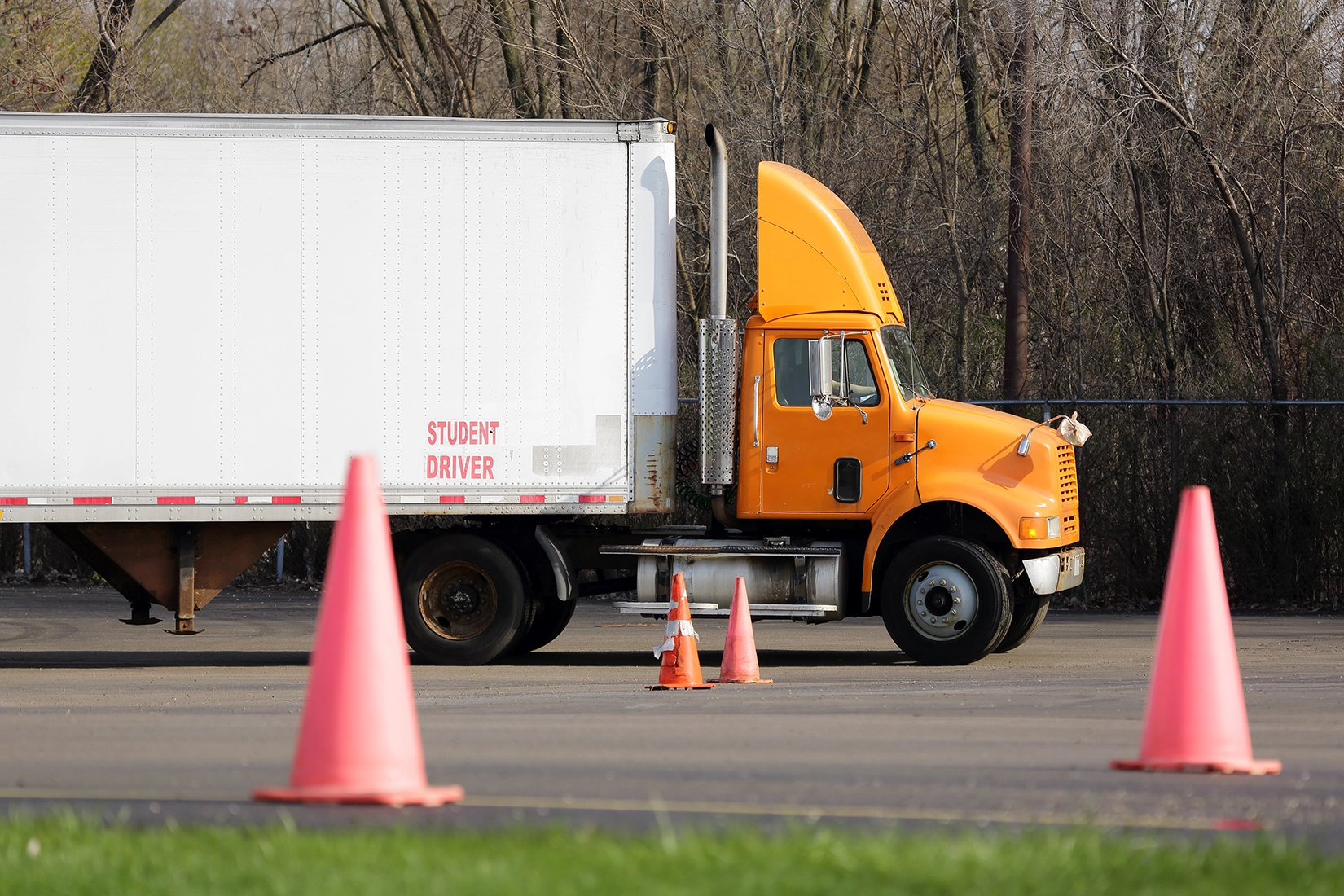Application Form
Please fill out the form below, so we can contact you as soon as possible!

Pursuing a career in trucking often starts with an essential step: obtaining a Commercial Driver’s License (CDL). CDL training teaches the skills and knowledge needed to safely operate large trucks and handle the demands of the road.
But one of the most common questions that arise when people consider CDL training is, “Do I get paid while in CDL training?” The sort of application you select will determine the response. Let’s examine each choice in more detail.
CDL Training Sponsored by the Company
To attract new drivers, a lot of trucking businesses provide company-sponsored CDL training programs. These programs often pay for tuition and, in certain situations, give students an hourly wage or stipend while they are in training. This is how it usually works:
Private CDL Schools
Private CDL schools are independent institutions where students pay for their CDL training out of pocket or through financing options. These programs generally do not offer any form of payment to students during training, as they are not affiliated with a specific trucking company.
CDL training is a specialized program that teaches aspiring drivers how to operate commercial vehicles safely and professionally. Road safety, truck handling, state and federal rules, and practical driving experience are just some important subjects covered in this course. Depending on the type and level of training, CDL programs can take three to seven weeks.
Private CDL schools and company-sponsored CDL programs are the two primary categories of CDL training programs. Whether or not they provide paid training is one of their unique characteristics and choices for potential truck drivers.
Earnings in company-sponsored CDL programs that pay trainees differ depending on the area and company. Some companies may pay a weekly stipend during training, while others may offer a low hourly compensation. Here’s a broad overview of what to expect:
It’s critical to consider the advantages and disadvantages of both private and company-sponsored CDL training programs.
While CDL training is an investment in your future career, it can also come with financial challenges. Whether you get paid during CDL training largely depends on the type of program you choose. Company-sponsored CDL training can be a great option for those seeking income and job security, but it often comes with a commitment to work for a specific company. Private CDL schools, on the other hand, offer more freedom but typically don’t pay students during training.
If you’re considering a career in trucking, Owner Operator Land can become your true partner. Apply today to learn more about a career in trucking and get connected with reliable carrier companies.
Application Form
Please fill out the form below, so we can contact you as soon as possible!